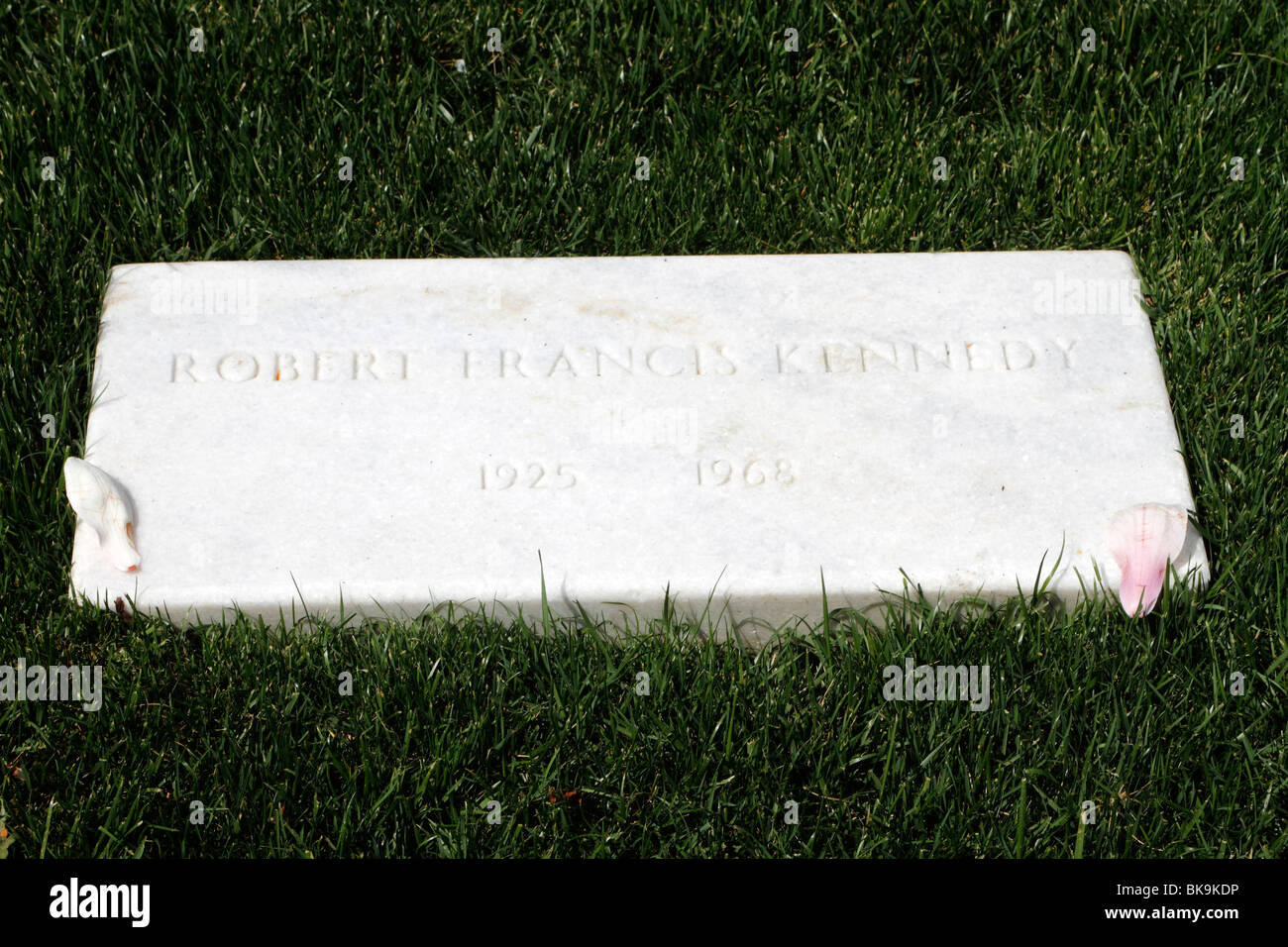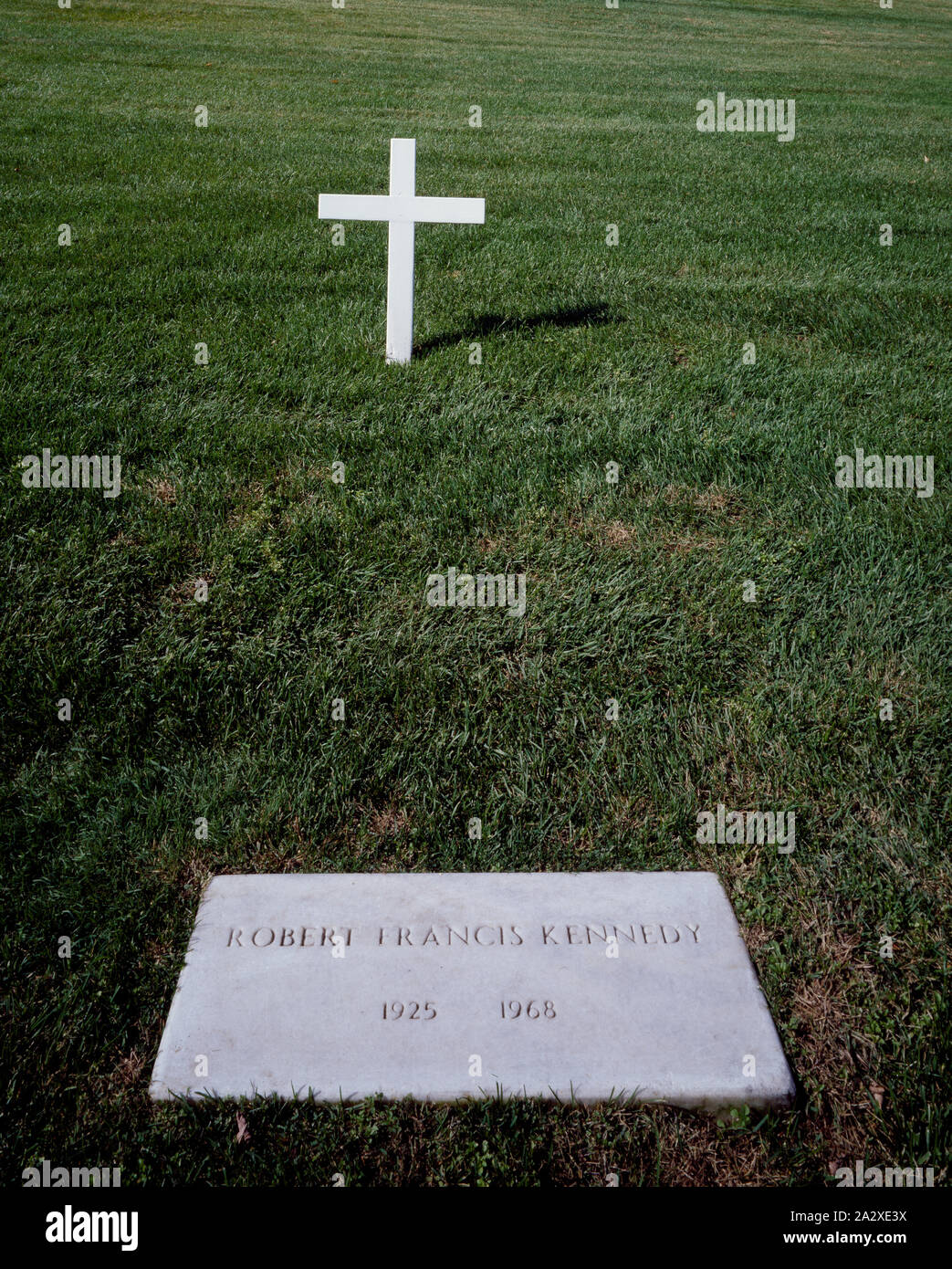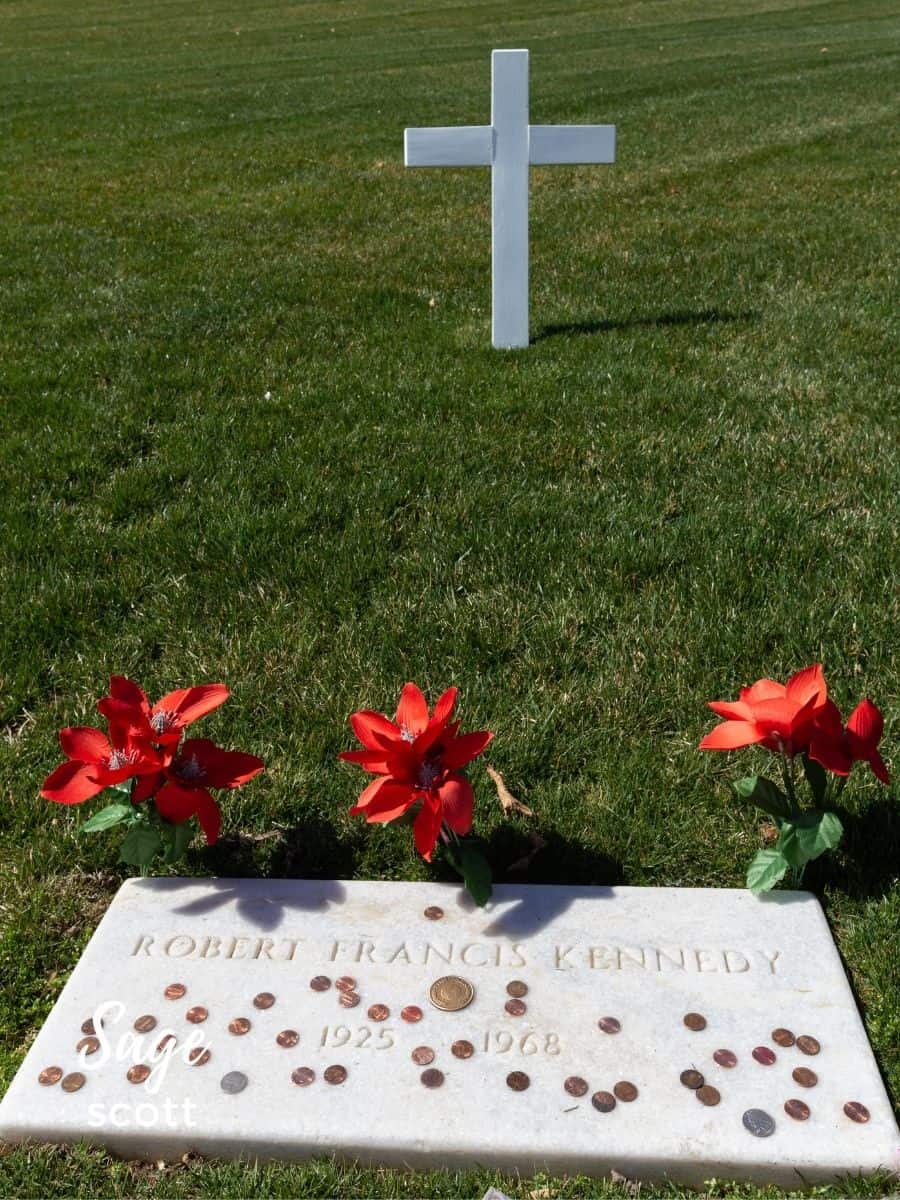Unveiling RFK: Facts & Burial Details | Beyond The Headlines
Did a single life, cut tragically short, truly reshape the very fabric of a nation's hopes and dreams? Robert F. Kennedy's story, a narrative woven with both triumph and profound loss, demonstrates how a figure, even in death, can ignite enduring change and inspire generations.
On a day etched in American history, June 6, 1968, the world mourned the loss of Senator Robert F. Kennedy. Three days prior, the senator had fallen victim to an assassin's bullet in the Ambassador Hotel in Los Angeles, California. The shockwaves of his death resonated across the nation, a stark reminder of the political turmoil and social unrest that gripped the United States in the late 1960s. His passing, just months after the assassination of Martin Luther King Jr., left a void in the hearts of many, particularly those who saw in him a beacon of hope for a more just and equitable society.
| Category | Details |
|---|---|
| Full Name | Robert Francis Kennedy |
| Born | November 20, 1925, in Brookline, Massachusetts |
| Died | June 6, 1968, in Los Angeles, California |
| Spouse | Ethel Skakel Kennedy |
| Children | 11 |
| Political Party | Democratic Party |
| Positions Held | U.S. Attorney General (1961-1964), U.S. Senator from New York (1965-1968) |
| Education | Harvard University (B.A., 1948), University of Virginia School of Law (attended, but did not graduate) |
| Military Service | U.S. Naval Reserve (Seaman Apprentice, USS Joseph P. Kennedy Jr.) |
| Key Accomplishments | Spearheaded civil rights initiatives as Attorney General, advocated for the poor and disenfranchised, a prominent voice against the Vietnam War in his later years, and a symbol of hope during a turbulent era. |
| Burial Place | Arlington National Cemetery, Virginia (Lot 45, Section 30) next to his brothers, President John F. Kennedy and Ted Kennedy. |
| Reference | National Archives - Robert F. Kennedy Biography |
The shadow of his brother, President John F. Kennedy's, assassination in Dallas in November 1963, loomed large. Robert, who had served as Attorney General under his brothers administration, bore the weight of this loss, a grief that shaped his political trajectory and fueled his commitment to social justice. He stepped into the political arena with a renewed sense of purpose. This was not merely a political campaign; it was a mission, a fight to fulfill the promise of a better America.
As the senator from New York, Kennedy entered the fray of the 1968 Democratic presidential primaries, promising to heal a fractured nation. On June 4th, just two days before his assassination, he tasted victory in the California and South Dakota primaries, further solidifying his path toward the Democratic nomination and, potentially, the presidency. This momentum was tragically cut short. The path that would have ideally taken the Senator to Washington would never be taken again, instead of making it to the nation's capital it took him to Arlington National Cemetery. His death denied the nation a leader who offered a distinct vision for the future.
Bobby Kennedy's final resting place, in Arlington National Cemetery, became a pilgrimage site, a physical manifestation of the impact he had on the American psyche. His tomb, located in Lot 45, Section 30, lies just 30 yards from the grave of his assassinated brother, President John F. Kennedy, a poignant symbol of the shared tragedy that touched their family and the nation. The "Kennedy Eternal Flame," a presidential memorial, continues to burn brightly, a testament to the enduring legacy of both brothers and the hope they represented. Those who came before and those who would come after would be marked by the deaths of the Kennedy brothers, John and Robert.
The journey to his final resting place, for his family and loved ones, would have been an emotional one. Usually, the journey between California and Washington would have taken around four hours, potentially arriving at the nation's capital at around 5 p.m. But the path taken was instead a somber procession to Arlington National Cemetery. His body was interred, alongside his brothers, a symbol of the enduring bond of family and the shared sense of public service. His wife, Ethel Kennedy, stood strong, mourning the loss of her husband and the father of her eleven children.
The response to Kennedy's assassination was one of widespread grief, especially among those who saw him as a champion of civil rights and a voice for the marginalized. Three days after falling prey to an assassin in California, Senator Robert F. Kennedy was laid to rest at Arlington National Cemetery in Virginia, just 30 yards from the grave of his assassinated brother, President John F. Kennedy. His final words may not have been as well-known as his brother's, but his final actions, his commitment to justice, were a testament to a life lived in the service of others. The world had also been shaken by the death of Martin Luther King Jr. just months before. With King dead, Kennedy became for many disaffected peopleblack and whitethe only national leader who commanded respect and enthusiasm.
His commitment to civil rights and his willingness to challenge the status quo endeared him to many, particularly after the assassination of Martin Luther King Jr. On April 4, 1968, Kennedy, while campaigning for the Democratic party's presidential nomination, delivered an improvised speech in Indianapolis, Indiana, several hours after King's assassination, speaking at two Indiana universities earlier in the day. This speech, filled with compassion and understanding, helped to quell tensions and prevent further violence, showcasing his leadership during a time of national crisis.
Robert F. Kennedy was the third son of Joseph P. Kennedy Sr. and Rose Fitzgerald Kennedy and the brother of both U.S. President John F. Kennedy and Senator Edward "Ted" Kennedy. Known as "Bobby," he served in the U.S. Naval Reserve during World War II as a seaman apprentice on the USS Joseph P. Kennedy Jr. He was a man of many facets a lawyer, a politician, and a family man but above all, he was a man who believed in the power of justice. This belief fueled his every action. His loss was keenly felt by those who aspired to a more perfect union.
Kennedy's stance on the Vietnam War evolved. Initially, he had supported his brother's policies. Later he became a vocal critic, advocating for de-escalation and a peaceful resolution, a position that further endeared him to those disillusioned with the conflict. This willingness to change his stance reflected his commitment to acting in the best interest of the nation.
The question of what Robert Kennedy was buried with is one that continues to spark curiosity, a testament to the lasting impact of his life. While the exact details are not widely publicized, the manner of his burial and the items present are a reflection of his life, his values, and the outpouring of love that followed his death.
The Ambassador Hotel in Los Angeles, the site of Kennedy's assassination, now holds a grim significance. His death was a devastating blow to the nation, further deepening the divisions that already existed. On June 5, 1968, Robert F. Kennedy was shot by Sirhan Sirhan, and pronounced dead the following day, plunging the nation into mourning and shock.
Fifty years ago, on the day of his death, the world paused to reflect on the life and legacy of Senator Robert F. Kennedy. The world was forever changed by his presence, his fight for justice, and his untimely death. His impact, although brief, was profound, influencing generations and inspiring a continued struggle for the ideals he so passionately championed. The assassination, and the subsequent outpouring of grief, was a reflection of the deep love and respect that so many people held for him. The legacy of Robert F. Kennedy extends beyond his time on earth, an eternal flame.


